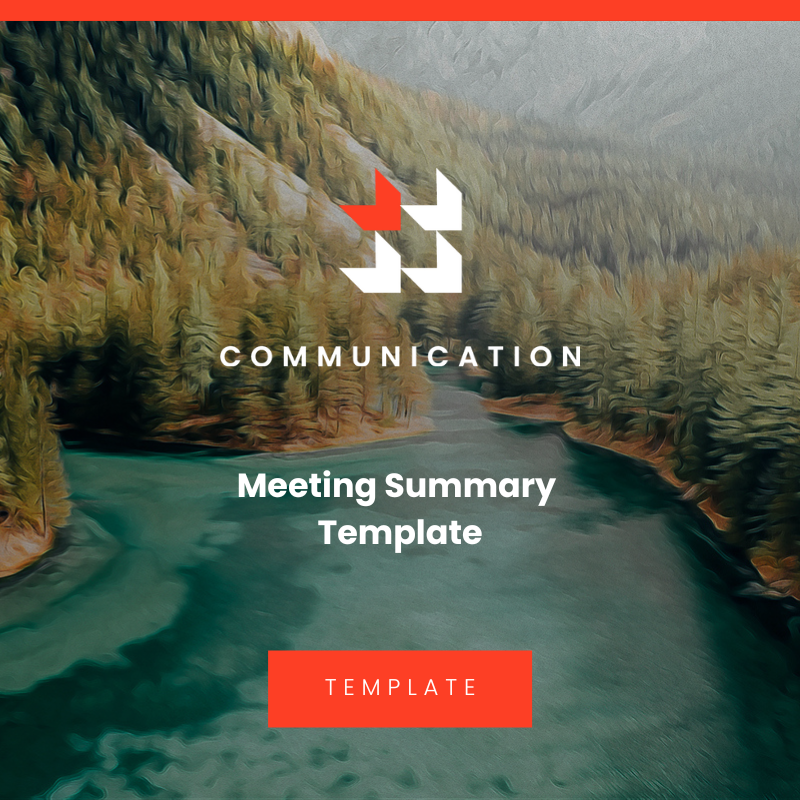Guide on Project-Related Meetings (Excluding Standups)
Project-related meetings are crucial for maintaining alignment, fostering collaboration, and ensuring timely project delivery. This guide will provide guidance on important project-related meetings that serve various purposes, helping your team stay on track and improve performance.
Root-Cause Meeting
Purpose:
To dive deep into project bottlenecks and problems, identify their root causes, and find effective solutions.
How to conduct:
Gather relevant stakeholders, including team members, managers, and any other parties affected by the issue.
Present the problem or bottleneck clearly and objectively.
Encourage open discussion and brainstorming to identify the root cause.
Collaboratively develop and agree upon a solution or mitigation plan.
Assign responsibilities and deadlines for implementing the solution.
Project Retrospective
Purpose:
To reflect on the project's successes and challenges, identify areas for improvement, and celebrate wins.
How to conduct:
Schedule a retrospective meeting after the project's completion, inviting all project team members.
Review the project's objectives, deliverables, and overall performance.
Encourage participants to share their thoughts on what went well, what could be improved, and any lessons learned.
Document these insights and create an action plan for implementing improvements in future projects. - Celebrate the project's successes and acknowledge individual and team contributions.
Milestone-Related Project Checkup Meeting
Purpose:
To evaluate progress towards project milestones, identify any roadblocks, and discuss how to improve project delivery.
How to conduct:
Schedule a checkup meeting around significant project milestones.
Invite relevant team members and stakeholders to attend.
Review progress towards the milestone, discussing any challenges or obstacles encountered.
Collaboratively develop strategies to overcome roadblocks and improve project delivery.
Update the project plan as needed and ensure all participants are aligned on next steps.
Risk Management Meeting
Purpose:
To proactively identify, assess, and mitigate potential risks that may impact the project's success.
How to conduct:
Schedule regular risk management meetings throughout the project's duration, inviting all relevant team members and stakeholders.
Encourage participants to identify and discuss potential risks, considering factors such as scope, schedule, budget, and quality.
Assess the likelihood and impact of each identified risk, prioritizing those that require immediate attention.
Develop mitigation plans and assign responsibilities for addressing high-priority risks.
Monitor and re-evaluate risks throughout the project, adjusting mitigation strategies as needed and keeping stakeholders informed of any changes.
In conclusion, effective project-related meetings are essential for maintaining alignment, identifying and addressing issues, and ensuring successful project delivery.
By implementing these meeting types and following the suggested guidelines, your team will be better equipped to handle challenges, mitigate risks, and achieve project goals.
Remember to foster open communication, collaboration, and continuous improvement in all your project-related meetings.















